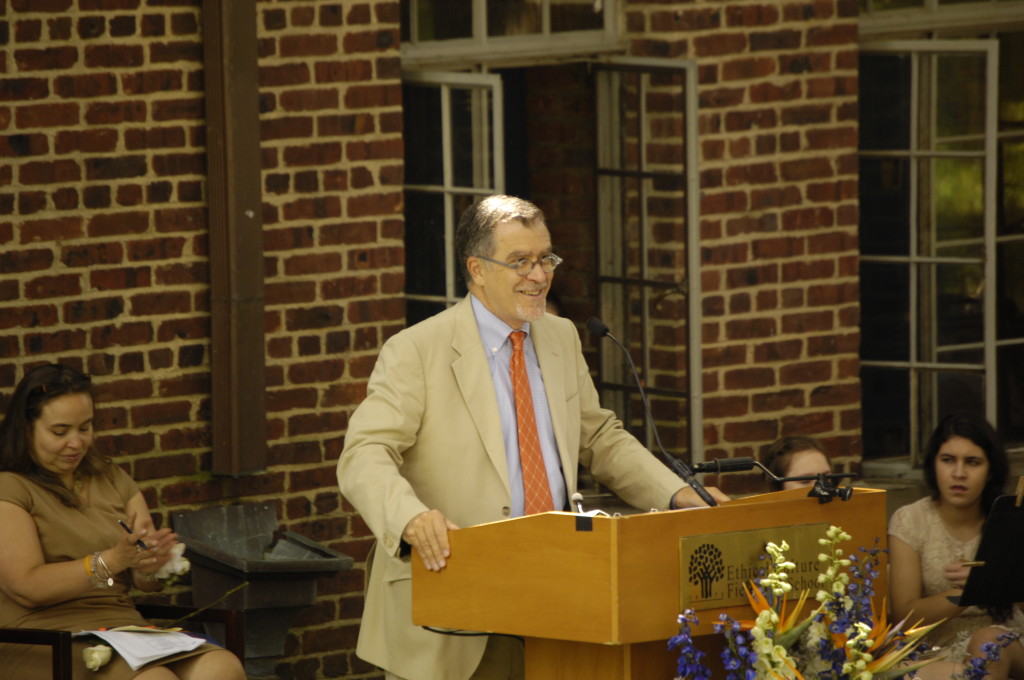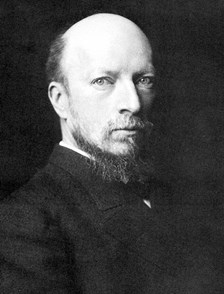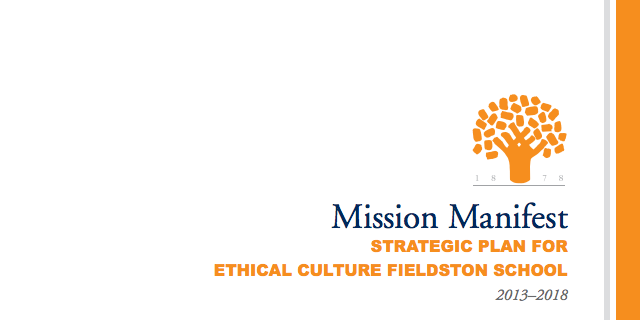
Over the past few years, Fieldston has experienced plenty of change in the administration including the departures of Dr. Love and Mr. Krakowsky, and the arrivals of Dr. Fernandez and Ms. Danforth. The transition process for this new group of administrators was not easy. But now that the dust has settled, it is time for the revamped leadership to make an impact. The fresh-off-the-press strategic plan (which can be found in its original form here) is an auspicious first step. This momentous document outlines the new administration’s plans for the next five years. It was organized and written by several key members of the ECFS community including ex-student body presidents Annie Fernandez and Max Whittington-Cooper, and a circle of vital trustees and faculty members.
The document begins with a fourfold set of remarks: opening statements, an introduction, an opening quote and a quick view of our school’s vision. That vision starts with the expected story of Fieldston’s inception, starting with Felix Adler’s work and how his values and beliefs have been applied to the school’s philosophy, how we stress hands-on learning over rote memorization and how the whole self, not just the mind, should be developed. The plan stresses the importance of a safe environment for learning and debate, cultural understanding and academic excellence. After these pillars of Fieldston’s founding mission are presented, the plan goes on to explain its purpose: to further ingrain the founding ideals of our school into its current philosophy by embracing ethics, further pursuing our progressive agenda and managing our resources responsibly. to help our school realize its maximum potential.
To fortify the progressive stature of Fieldston, more focus will be placed on the PTI (Progressive Teaching Institute). Other areas on which the school hopes to place greater emphasis are the math and science departments in order to groom Fieldston students into problem solvers. The plan suggests that by augmenting those departments with more creative and pragmatic teaching methods, this goal can be achieved. In a more concrete sense, the school hopes to add some concrete: the plan contains strategies for adding new buildings and renovating old ones, as well as an idea to maximize space in the Tate Library.

Later in the document, the strategic plan elaborates on the idea of embracing ethics that it mentioned in the preamble. Special ethics programs for each grade level were conceived to allow for a greater number of students to access the Fieldston community by increasing social and financial aid. The plan promotes honesty, academic and otherwise, as well as cordial behavior. The school also hopes to make ethics a lasting part of every students life by creating new community service and job opportunities, many of which are in association with Fieldston alumni. Furthermore, the school hopes to please our beloved “Green Dean,” Mr. Waldman, by giving him more authority and influence in the school’s decisions. By giving the Mr. Waldman a heftier, greener scepter with which to lead our school’s environmental efforts, we should be able to move towards a dependency on sustainable energy sources. An ethical approach to taking care of our school and our environment is well within reach.
The final part of the strategic plan involves maintaining and improving our resources. Of course, this begins with the faculty. By recruiting, training and retaining a talented collection of staff members, Fieldston can manage its academics through the best possible way: by developing a talented faculty that inspire students to learn and realize their full potential. This will ensure that a thoughtful and talented student body will be developed as well. Additionally, communication—especially with the recent technological advancements that include cloud-based tech and a newly revamped website—will be stressed in a re-envisioned Fieldston. However, in a more brass-tacks vein of thought, the plan advocates for responsible fiscal and spatial management and an improvement in infrastructure that begins with the fortification of the Board of Trustees and Faculty Advisory Group.
In the end, our school’s strategic plan admits that the entire depth of the plan cannot be captured in such a (relatively) small amount of words and pages. But the point was simply to stress the main principles that the plan champions. Above all, the plan is meant to innovate and ignite tireless evolution and growth, with a goal of infusing and ingraining into modern-day Fieldston the same values that led to our founding. Felix Adler would be proud.






